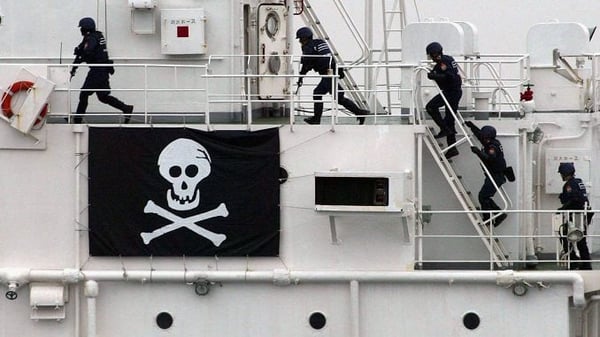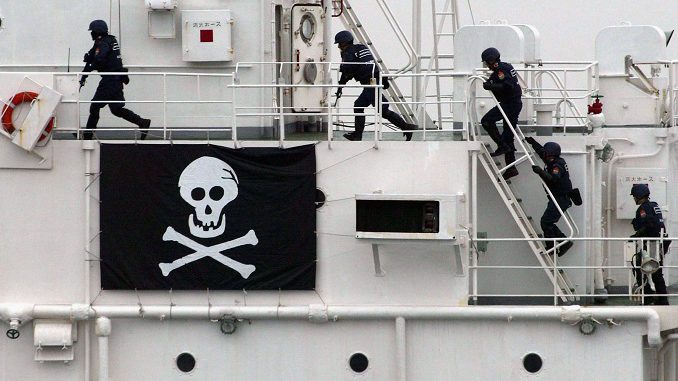There is a diminished role for armed guards in contemporary maritime security despite increasing piracy threats, according to security experts.
Complexities around policing territorial waters have made the use of private maritime security companies (PMSCs) difficult in piracy hot spots, including West Africa. However, security experts agreed that they are still needed in Somalia, although their deployment should be reduced in numbers and voyage risk assessments prioritised.

“The deployment of such teams should be the exception and not the rule. As a decision it should be taken as a result of a careful and considered appreciation of the risks to vessel and crew, set against a number of factors as they are found at the time, and not as they have come to be understood as a result of legacy constructs of how risk once was,” said Munro Anderson, partner at Dryad Global.

PMSCs rose to prominence during 2007–12, when Somalia was the global piracy hot spot. During its peak, Phil Diacon, CEO of Dryad Global, told SAS that PMSCs could charge up to USD50,000 a day for a 10-day transit for a four-person security team.
“In the early days of [the] Gulf of Aden or Somali piracy PMSCs were popping up like mushrooms after the rain,” said David Friesem, director and head of advisory services at Risk Intelligence.
Despite Somalia no longer being a piracy hot spot and demand for PMSCs has decreased, Dryad Global published a due diligence checklist on 13 September on hiring armed guards.
This is in part due to enduring security risks for ships transiting the region as key pirate leaders in Somalia remain in power with adequate funding to carry out operations, according to John Steed, response co-ordinator of Hostage Support Partnership. Diacon also noted that certain P&I Clubs require vessels to have armed guards on board in exchange for reduced insurance premiums.
Anderson said that the deployment of armed security on board ships will always be needed. However, he stressed this would be in a reduced capacity and following the appropriate risk assessments.
Friesem echoed the idea by stating that PMSCs should only be deployed after a specific voyage risk assessment has been carried out. The assessments need to consider current threat, vessel specifics, mitigation measures, and company risk appetite.
Although armed guards have a high success rate in preventing pirates from boarding vessels, Peter Cook, director of maritime security consultancy PCA Maritime, told SAS their use is not appropriate everywhere. West African countries surrounding the Gulf of Guinea (GoG), the current decade’s piracy hub, do not allow the use of armed guards in their territorial waters.
“The Nigerian Maritime Administration and Safety Agency [NIMASA] considers it an offence for a vessel sailing in Nigeria’s territorial waters to have any person described as a security guard and/or performing functions of a security expert or bridge advisor on board,” said Friesem. NIMASA and the Nigerian Navy only allow local escort vessels to provide security to ships transiting the GoG, which are also costlier than PMSCs.
Other potential new piracy hot spots for PMSCs, such as the Gulf of Mexico, appear to be closed-off to them. Despite the US Marine Administration reporting a 300% increase in attacks in the region in April 2020, there has not been a similar surge in the deployment of PMSCs. Friesem noted that the Mexican Navy has committed significant resources to the area and established four monitoring zones that will be patrolled until 2024.
“The Bay of Campeche [Gulf of Mexico] is a rather small geographical area, and easy to patrol for the Mexican Navy. I believe that to some extent the threat has been inflated by PMSCs, who want to create new business,” said Lars Bergqvist, maritime security advisor at LB Marine Consultant. “However, the PMSCs will deal with the same problems as in [the] Gulf of Guinea, getting permission to operate in territorial waters.”
Source: SafetyatSea.net






